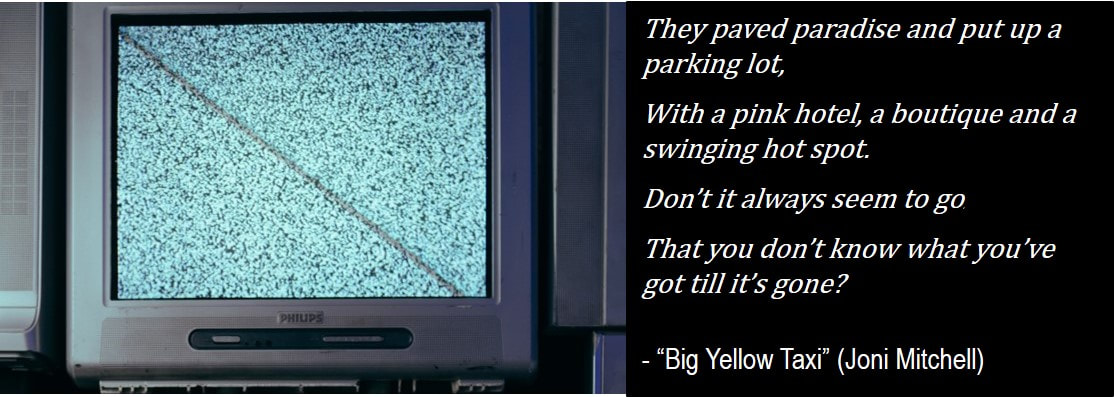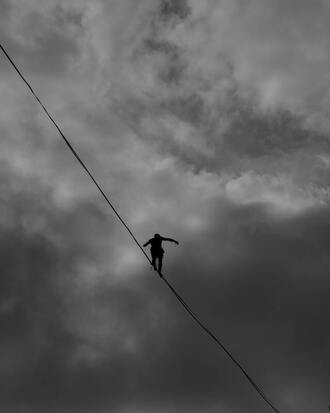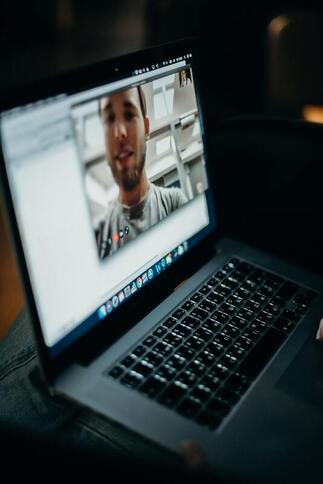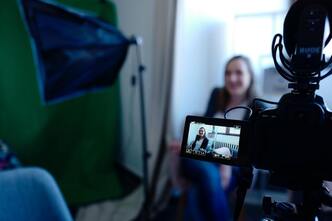
That was the hard lesson learned by economic development organization Southwest Michigan First. Earlier this month it hired a new CEO with a political past not aligned with its own stated values and those held by most of its community.
Lee Chatfield, former Speaker of the Michigan House of Representatives, lost his elected office in November due to term limits. You may remember Chatfield as one of the two Michigan GOP leaders (along with Senate Majority Leader Mike Shirkey, currently dealing with controversies of his own) summoned by former President Donald Trump in a futile effort to get the Michigan Legislature to undo the electoral wins by President Joe Biden. (Chatfield later said the issue never came up in their highly criticized confab, though Trump tweeted otherwise.)
Much of the condemnation aimed at SMF’s choice of Chatfield was the former legislator’s lack of relevant experience—he’s a former teacher with no business or economic development background. It’s natural, then, that the community would conclude he was chosen for his political assets and connections rather than his ability to grow the local economy.
More problematic for SMF is Chatfield’s history on equity issues. A strong conservative, Chatfield opposed efforts to expand Michigan civil rights law to include LGBTQ+ people, claiming it would infringe on religious freedoms. He also questioned whether this population was facing discrimination at all.
The Feb. 11 announcement that Chatfield would succeed long-time SMF CEO Ron Kitchens quickly prompted protests. Within days, the City of Kalamazoo pulled funding, the Kalamazoo Community Foundation dropped its membership, and local college presidents serving on the SMF Board protested and one resigned. Rumors swirled that other businesses and organizations were debating whether to stick with Southwest Michigan First. And of course, social media kept the topic top of mind, with calls for boycotts of partners and board members’ businesses percolating. (In the midst of this, SMF deleted the Board of Directors page from its website.)
Today, Chatfield tendered his resignation, stating he didn’t want to be a distraction or to “separate a welcoming community.” On the heels of his resignation came a statement from the SMF Board Chair acknowledging the controversy and pledging to make the next search process “open, transparent and inclusive.”
From a PR perspective, there is plenty to unpack here.
The seemingly rushed, largely opaque selection of Chatfield points to SMF knowing the choice would be controversial. Rather than deal with that proactively, the announcement of his hiring came with relatively little fanfare, surprising for such a high-profile role. One might conclude that the decision-makers hoped a “business as usual” approach might not stir the pot too terribly much.
Maybe SMF believed that most people, like passengers on a cruise ship, don’t think about who steers the boat as long as they know someone’s at the helm. Or it could be SMF believed the end would ultimately justify the controversial political means; as a legislator, Chatfield helped secure state support for a $110 million downtown arena that the organization supports while many in the community oppose.
In any case, there’s a sense that some in positions of power at SMF believed they could quickly appoint Chatfield and weather any negative reactions. If that’s the case, they were badly mistaken. Ethically and practically, that’s simply not a viable strategy. Nor is the lack of transparency—a concern for SMF staff, community partners, investors, donors and even board members, not all of whom were invited to be part of the search process. It smacks of the old “smoke-filled back room,” power-play decisions of a bygone era.
SMF Board Chair Aaron Ziegler is promising a more robust and visible process for the next search. That’s a good start, assuming SMF makes good on the pledge. But that standard will need to be upheld in much more than this, and whoever gets the nod as the next CEO—a tough job made even tougher by what’s happened—will have to continue carrying that banner with aplomb.
For the rest of us, it’s a lesson learned. Even the appearance of back-room decision-making that doesn’t reflect the values of an organization or a community is a doomed venture. We must make choices in the right way, for the right reasons. And for any who think it doesn’t matter, remember: All eyes are on the trees, all ears attuned to the fall. Behave accordingly.










 RSS Feed
RSS Feed
